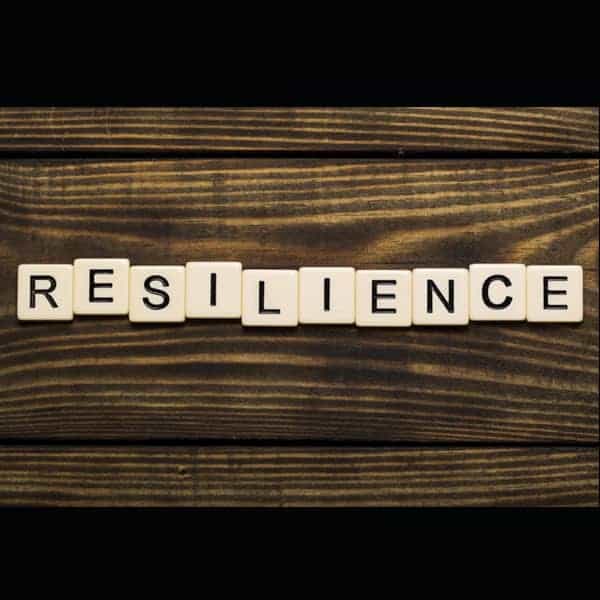Mind resilience is an essential skill. We’ve all had to experience adversity, change, and impulse decisions in our lives, but many of us struggle to work our way through it. We are often left more damaged and exhausted than ever, even if we do eventually work through it.
Being able to handle these curveballs and obstacles that life throws at us is essential to living a peaceful life. Having the right mindset can do more than help you stay prepared for anything — it can give you the confidence to succeed time and time again.
In order to fight through these things, we need to be able to detect and interrupt downward spirals that create distress in our lives. We can do this by practicing mind resilience.
What is Mind Resilience?
Resilience, defined by Merriam-Webster’s Dictionary, is an ability to recover from or adjust easily to misfortune or change. Although this can mean a variety of different things, mind resilience involves using your mind to bounce back from these unfortunate changes.
If you’ve recently found yourself overwhelmed or constantly stressed and anxious when faced with adversity, it could be a sign that you lack the resilience needed to fight through it. When you encounter that curveball, resilience means being able to respond effectively and adapt to the situation. To continue with determination.
As a result, resilient minds will be able to enjoy these moments that used to consist of panic. It will allow you to better sustain relationships and achieve your goals. Nothing will stand in your way because you will have the strength and resilience to step through it with ease.
Core Concepts Behind Mind Resilience
Mind resilience involves a unique set of core qualities in a person. These qualities are utilized as tools for working through anger, stress, anxiety, depression, or any life event that gets thrown at us. Knowing and working on these qualities can help you achieve a healthy mind, body, and soul.
Let’s take a look at these core concepts behind mind resilience:
- Respecting Yourself – In order to fight through anything, you have to fully believe and want to fight through it. Without that initial belief, it will be difficult to train your mind to be resilient.
- Emotional Regulation – Learning how to identify your emotions and properly respond to them can help you stay balanced throughout adversity.
- Observe and Analyze – Resilient people observe how they got in this situation and detail the different solutions to the problem.
- Decision Making – When faced with adversity and challenges, you need to be able to take what you’ve already analyze and make the right decision based off of that.
- Optimistic Belief – When you make a decision, you need to have faith that it’s going to change things for the better.
- Social Support – There’s nothing wrong with asking for help, and there’s definitely nothing wrong with accepting it when offered.
- Improvising – In life, you will often have to improvise and there’s nothing wrong with that. Improvisation doesn’t come easy, but practice can definitely make a difference.
Being mind resilient is more than just looking past your emotions and moving forward — it’s the process of working through those emotions and changing for the better. By ignoring these moments of growth, you will have difficulty getting to that happy place.

